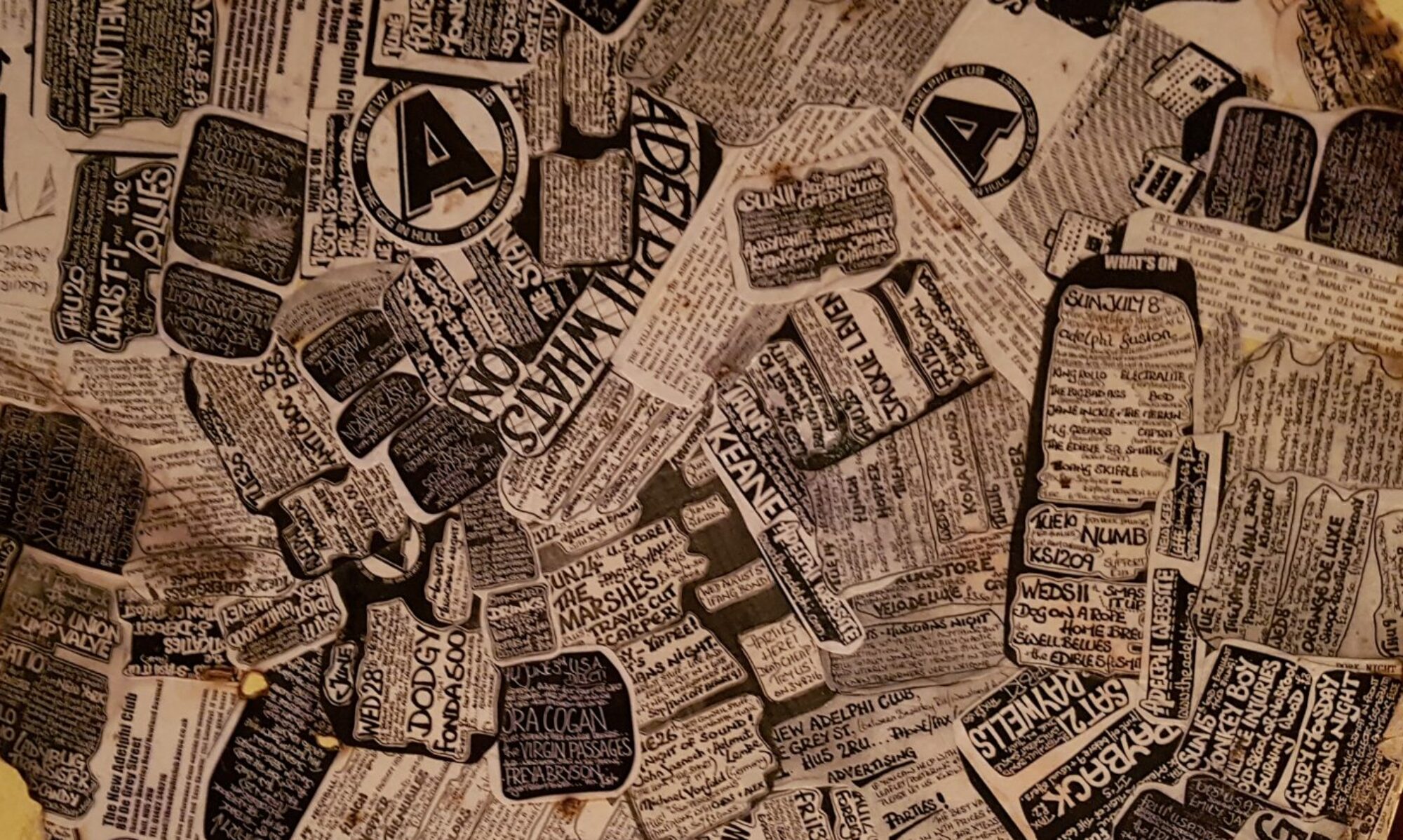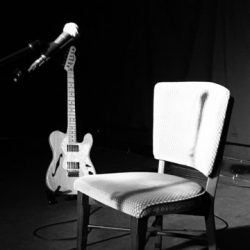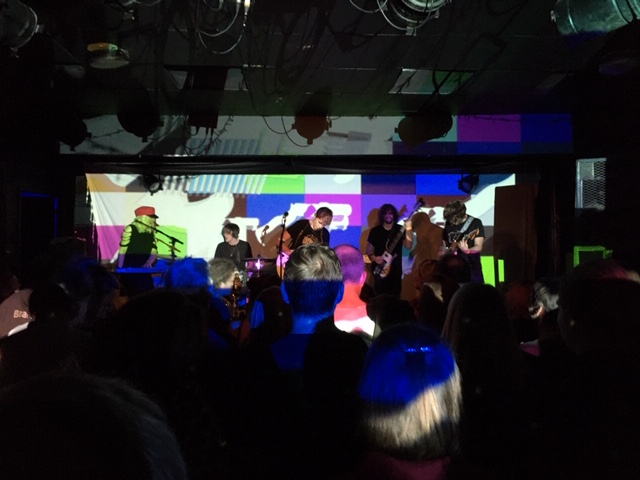There has been a renewed interest in the importance of small independent music venues to the social, cultural and economic life of the UK. Independent Venue Week stands as a national celebration of these crucial independent venues and of the stories the bands who perform in them, the punters who visit them and the intrepid souls who run them. The intimacy and familiarity of small venues allows for an experience like no other, where an erstwhile punter can play on the same stage as an up and coming indie hero. They are also spaces where the turntables rule. DJ Dave Haslam once said that his career has been a case of having, ‘one foot in the gig room and one foot in the disco’. No matter whether it is a cavernous club or a crappy function room, music spaces are where the DJ leads the dancers and the dancers lead the DJ. It is a true and sweaty communion.
However, the tremulous nature of the business model means that the existence of these sites of local and regional cultural production often come and go with only some notables standing the test of time. These small venues act as time capsules, containing visceral memories, vivid sights, myriad sounds and plenty of smells.
The first half of 2020 has been a turbulent period for independent music venues in the UK. In January, the Government announced a 50% cut in business rates for small and mid-sized grassroots music venues while Westminster council granted London’s iconic 100 Club full relief under a new scheme put in place to protect independent musical culture. However, these financial boosts have been dramatically offset by the nationwide lockdown and social distancing measures made necessary by the Coronavirus pandemic. According to the Music Venue Trust, at the end of April more than 500 small venues are ‘at imminent risk of being permanently closed down’. Venues, performers and fans are organising crowd funders, novel t-shirt designs, ticket pledges and remote performances in an effort to secure the future of these important cultural spaces and cement the role they play in regional arts and performance scenes.
With this in mind, the Music Memoir Research Group would like to invite contributions for a new anthology that revisits, remembers and revises the ‘toilet venues’, back rooms and ad-hoc club nights that make up so much of our musical landscape. We are looking for creative non-fiction (essays, life writing, memoir, autoethnography) that focuses on small and local venues and what they mean in both personal and cultural terms. The venues might be celebrated spots (like the New Adelphi Club in Hull, Brudenell Social Club in Leeds or King Tut’s Wah, Wah Hut in Glasgow), long forgotten spaces (like Doncaster’s Toby Jug or the Bull and Gate back room in Kentish Town) or emergent venues which continue this tradition (like the Crescent Community Venue in York). Whatever the lineage of venue, they should be independent, original and wonderfully weird. Contributions might feature memories of one seismic gig or a life-altering rave. They could also be a mosaic of memories and recollections. They can be funny, heart-breaking, rage induced or a combination of all these things. Contributors might be fans, band members, merch sellers or pint pullers. They might come from journalists with a freebie, roadies with a backache or sound techs with an earache. What’s important is the foregrounding of narratives concerning musical experience in specific spaces and the way that this shapes who we are.
We are interested in contributions of between 2500 and 3000 words. Please send abstracts of no more than 300 words or questions about the project to venuestories@outlook.com by August 31st 2020.


